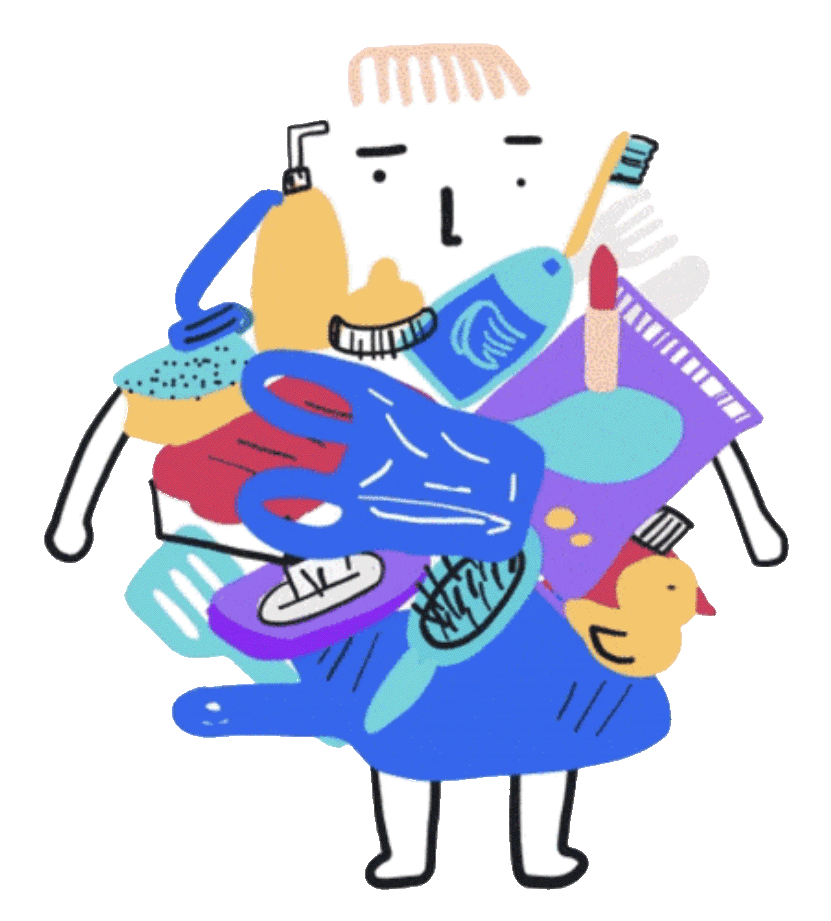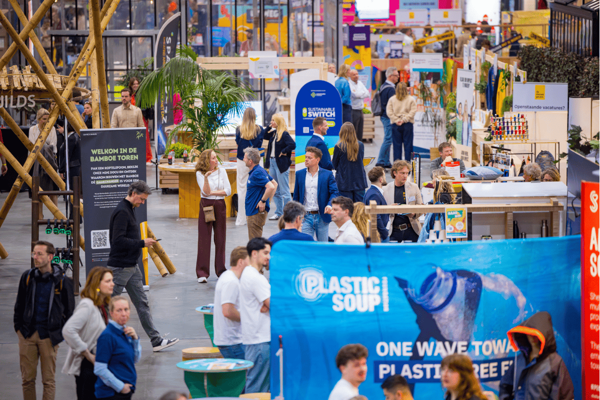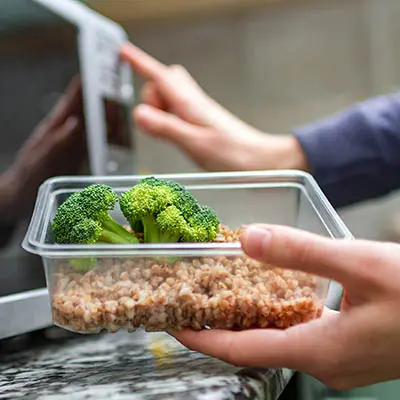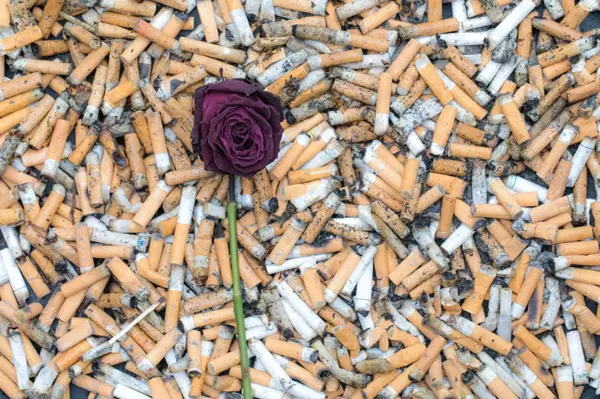Polyethylene, polypropylene, polystyrene and polyethylene terephthalate (PET): unpronounceable, unrecyclable and virtually unavoidable. Supermarkets are full of them. Bread bags made of polyethylene, butter tubs made of polypropylene, dessert cups made of polystyrene and soda bottles made of PET. With so much on offer, is it at all possible to use less plastic?
Less plastic
According to Sophie Hermans, the VVD Minister of Climate and Green Growth, yes. In her Growth Package, which she announced April 25, she announced that making polymers and/or plastic packaging would become more expensive through a plastic tax. This polymer tax should encourage processors and manufacturers to become more sustainable by, for example, making packaging materials from starch or developing biodegradable plastics. Developments that not only help reduce waste, but also bring health benefits.
Less money
Yet that same day she withdrew her proposal. Because although the polymers tax should generate some €547 million annually for the Dutch government, Hermans' plastics plan was not nearly as watertight as her transparent opponent. After all, what if the taxed parties disregarded the sustainability plans by moving abroad? Then not only would there be less money in the Dutch state's coffers, but the industry would also disappear from our country.
Less waste
Reason enough for Hermans to return to the drawing board. So how do you make that prediction of half a billion euros in income come true and reduce the mountain of plastic waste of 36 kilos per European per year? If it is up to the plastics industry, the solution is simple: more costs for the consumer. By increasing the annual waste disposal fee, they avoid the plastic tax and the consumer - the last link in the chain before the plastic eventually ends up on the landfill - contributes to the realization of Hermans' budget. In short, a win-win situation for the plastics industry.
While that will no doubt eliminate Hermans' headaches about the state budget, it does not reduce plastic waste by any means. Without a plastic tax, the plastic industry sees no need to become more sustainable. Consumers will buy all that plastic packaging anyway; after all, they have no choice. Nor do waste processors and recyclers. If Hermans really wants to polymerize, she should especially not listen to the plastic industry lobby groups.
More action
High time, then, to take action. Not with demonstrations, but with new habits. Simply by influencing market forces: we bring less plastic into our homes, so there is less for manufacturers to produce.
And yes, it's hard to eliminate all plastic from your life as a consumer. But we can at least do our best. After all, plastic (waste) not only pollutes the world around us, but also our bodies: plastic chemicals disrupt our micro tree, microplastics affect the ecosystem and plastic incineration leads to carcinogenic smog and particulate matter.
So while it may sometimes seem like that reusable sandwich bag is of little consequence, with every piece of plastic we save we are not only showing that that €547 million is not ours to collect, but we are also doing our part for our own health. Because let's face it: do we want more or less plastic in the world?
Well, then - together with Sophie Hermans - let's sort that out real quick.
Can't see the forest through all that litter? And do you like to make a difference? Then sign up now for Plastic Soup Foundation' s plastic diet and get inspired about what else you can do to turn off the plastic tap. Not just for ourselves, now, but for generations to come.
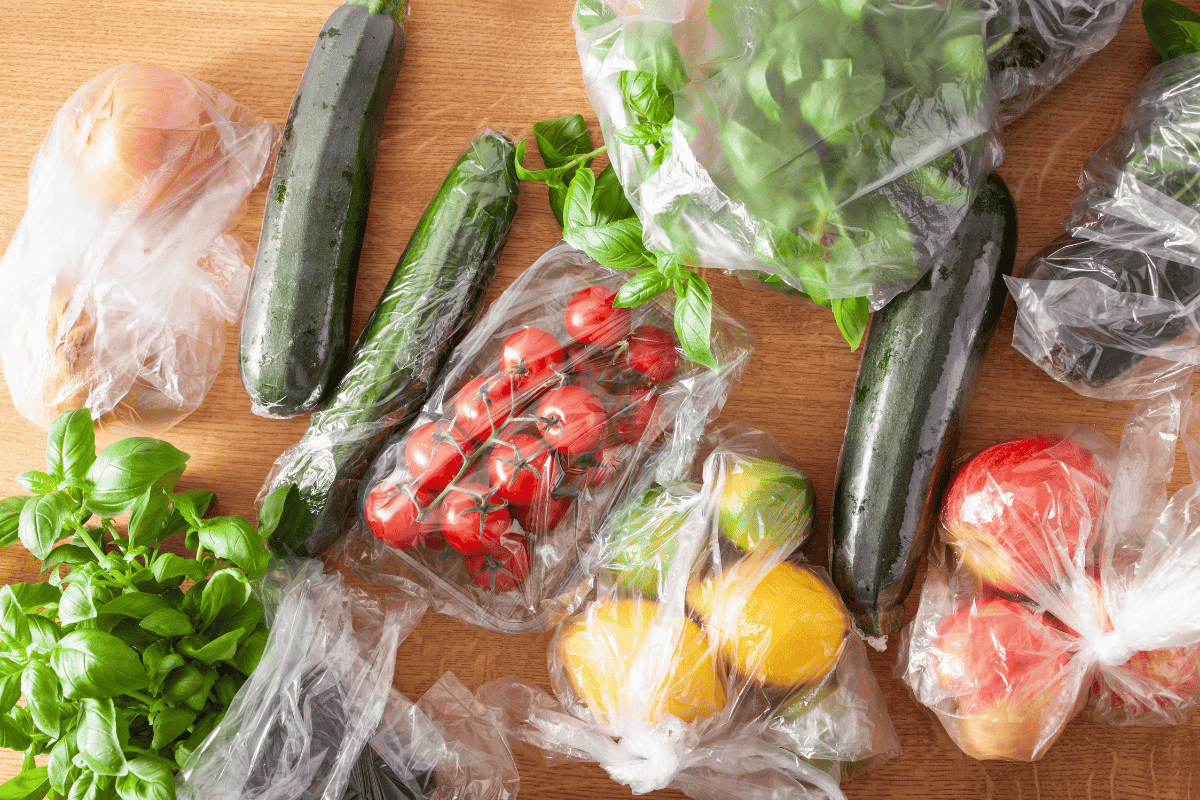


.png)
